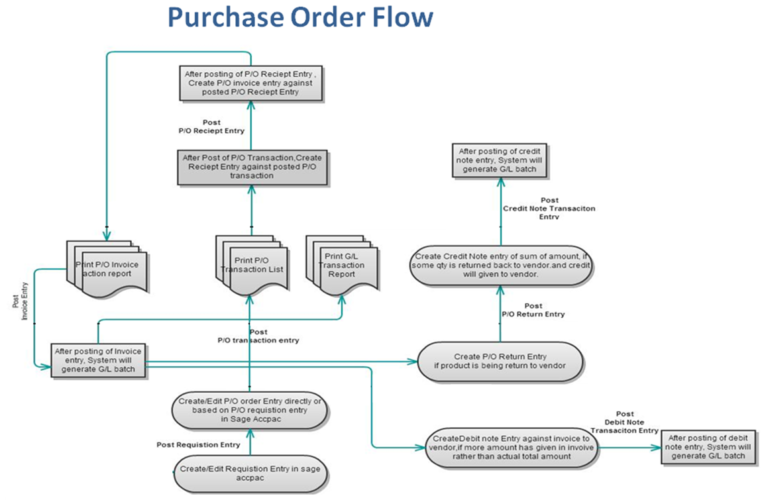Establishing strong and mutually beneficial relationships with suppliers is vital for the success of any business. Effective supplier management involves streamlining communication, optimizing procurement processes, and ensuring transparency and accountability. One powerful tool that can aid in mastering supplier relationships is a purchase order system. By leveraging purchase order systems, businesses can enhance their supplier management practices and unlock numerous benefits. In this guest post, we will explore how purchase order systems can be leveraged to cultivate successful supplier relationships. To learn more about purchase order systems, you can also refer to this article on orderhive.com.
1. Streamlined Communication:
Clear and efficient communication is the foundation of a successful supplier relationship. Purchase order systems provide a centralized platform for communication between businesses and their suppliers. Through the system, businesses can send purchase orders, discuss specifications, and address any inquiries or concerns. This streamlined communication eliminates the need for manual back-and-forth exchanges, reducing errors and delays, and ensuring that both parties are on the same page.
2. Efficient Order Placement:
Purchase order systems simplify and expedite the order placement process. With predefined templates and automated workflows, businesses can quickly generate and submit purchase orders to their suppliers. This efficiency reduces the chances of order errors and ensures that orders are placed in a timely manner. By leveraging purchase order systems, businesses can enhance their responsiveness and improve the overall efficiency of their procurement process.
3. Timely Order Fulfillment:
Ensuring timely order fulfillment is crucial for maintaining a smooth supply chain and meeting customer demands. Purchase order systems enable businesses to track the status of their orders, providing real-time visibility into the progress of each order. By monitoring order statuses, businesses can proactively address any potential delays, communicate with suppliers, and take necessary actions to ensure timely delivery. This level of transparency and control helps build trust and reliability in supplier relationships.
4. Accurate Documentation:
Documentation plays a crucial role in supplier relationships, particularly when it comes to contract terms, pricing agreements, and product specifications. Purchase order systems automate the documentation process, capturing all relevant information and creating a comprehensive record of each transaction. This accurate documentation helps avoid misunderstandings, disputes, and potential legal issues. With access to detailed and up-to-date records, businesses can confidently manage supplier relationships and hold both parties accountable.
5. Performance Evaluation:
Evaluating supplier performance is essential to ensure ongoing quality and efficiency in the supply chain. Purchase order systems provide businesses with valuable data and analytics to assess supplier performance. Key metrics such as delivery times, quality control, and adherence to pricing agreements can be tracked and analyzed. By leveraging this information, businesses can make informed decisions about supplier selection, negotiate better terms, and identify opportunities for improvement in the overall supplier relationship.
6. Efficient Dispute Resolution:
Disputes may arise during the course of supplier relationships, and timely resolution is crucial to minimize disruptions and maintain healthy partnerships. Purchase order systems streamline the process of resolving disputes by providing a documented history of transactions, communications, and agreements. Businesses can refer to the system’s records to quickly identify and address any discrepancies or issues. This efficient dispute resolution process fosters trust and cooperation between businesses and suppliers.
7. Supplier Collaboration:
Successful supplier relationships involve collaboration and continuous improvement. Purchase order systems enable businesses to collaborate effectively with their suppliers. By sharing relevant information and insights through the system, businesses can work together with suppliers to identify cost-saving opportunities, streamline processes, and drive innovation. This collaborative approach strengthens the partnership and facilitates long-term success.
Leveraging purchase order systems is key to mastering supplier relationships. These systems streamline communication, facilitate efficient order placement and fulfillment, ensure accurate documentation, enable performance evaluation, support efficient dispute resolution, and promote supplier collaboration. By harnessing the power of purchase order systems, businesses can cultivate successful supplier relationships, enhance their supply chain management, and gain a competitive advantage in the market.

